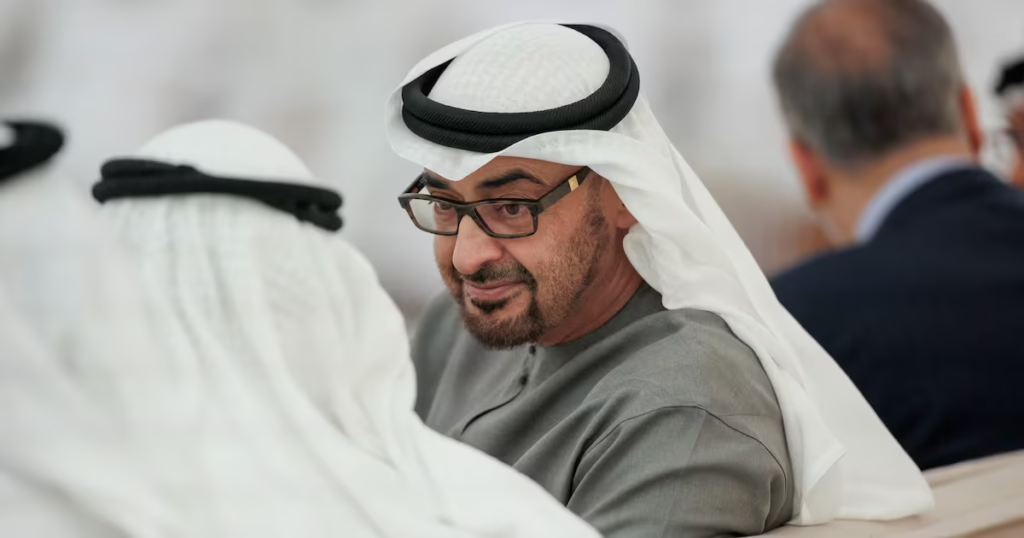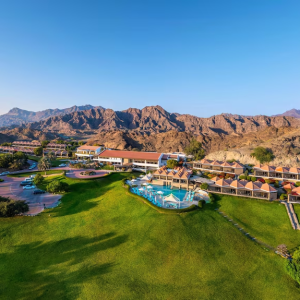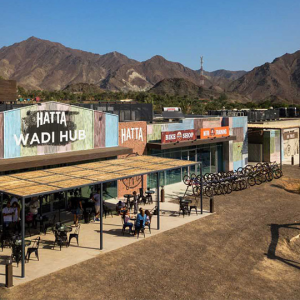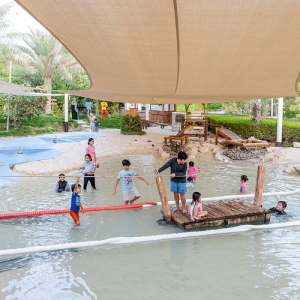In a compassionate move that reflects the spirit of forgiveness and mercy, the UAE President has ordered the release of 963 prisoners ahead of Eid Al Adha. This gesture, filled with hope and second chances, has brought joy to families and symbolizes the values of kindness and unity that lie at the heart of the Emirati culture.
The announcement was made by UAE state media, and the decision is part of an annual tradition in the Emirates that aligns with religious and humanitarian values. The move offers inmates a fresh start and allows families to reunite during one of the holiest Islamic festivals.
Why the UAE releases prisoners during religious holidays
The UAE President releases prisoners before Eid Al Adha every year as part of a broader effort to show clemency, spread happiness, and promote social harmony.

This tradition is rooted in Islamic teachings, where acts of mercy and reconciliation are especially encouraged during Eid. Releasing prisoners during this time provides them with the opportunity to rejoin their families, reintegrate into society, and turn over a new leaf.
It’s also a way to ease the emotional and financial burden on the prisoners’ families, many of whom have been longing for their loved ones’ return.

Who are the beneficiaries of the presidential pardon?
The 963 prisoners granted early release were selected based on specific criteria:
- They had shown good behavior during incarceration
- They met legal conditions for early release
- Many were involved in minor, non-violent offenses
While full details about the individuals were not released, it’s clear that the UAE President’s release of prisoners focuses on those who have demonstrated sincere efforts to reform.
This not only offers them a second chance but also serves as an example to others still serving time.
A humanitarian and socially uplifting gesture
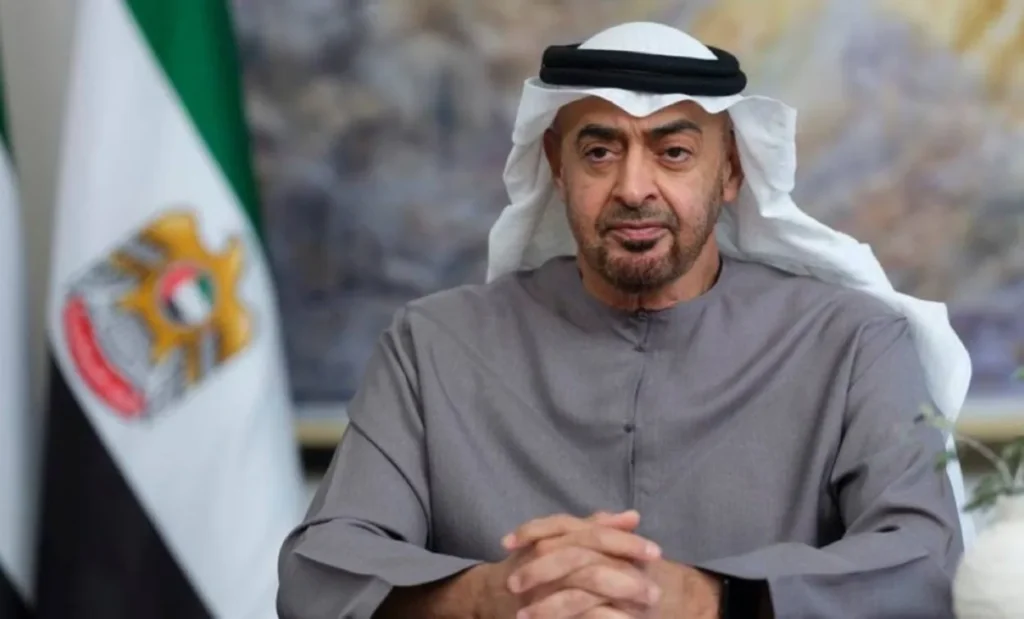
For many families, this news was nothing short of life-changing.
The emotional impact of having a father, brother, son, or mother return home for Eid is profound. Across the country, news of the release sparked joy and gratitude. Social media saw an outpouring of appreciation for the UAE leadership’s continued commitment to mercy and unity.
The UAE’s judicial and penal systems support such moves with rehabilitation programs, counseling, and job training. These efforts ensure that former inmates can successfully reintegrate into society and avoid repeating their mistakes.
Why this Eid Al Adha release matters
Eid Al Adha, also known as the Festival of Sacrifice, is a time when Muslims around the world remember the values of sacrifice, forgiveness, and gratitude. It is also a time to come together with loved ones, share meals, and support those in need.
By releasing prisoners before Eid Al Adha, the UAE sends a powerful message: that compassion can be stronger than punishment, and that society benefits when it offers second chances.
This move reflects a broader Emirati vision of progress — one where justice includes mercy, and reform is just as important as punishment.
Previous pardons and what they mean for UAE society
This is not the first time such a pardon has taken place.
Each year, the UAE President releases prisoners during the holy month of Ramadan or before major Islamic festivals. In the past, thousands of individuals have benefited from this gesture. Many have gone on to build better lives, start businesses, and serve their communities.
These acts of clemency reinforce the UAE’s image as a nation of tolerance and forward-thinking. The legal system works hand-in-hand with humanitarian values, making the country a regional leader in blending justice with compassion.
Reactions from families and the public
Families of the released prisoners have expressed their deep appreciation for the President’s decision. Several have spoken to local media about how this moment has changed their lives forever.
One resident from Sharjah shared, “My brother made a mistake years ago, but he’s grown. We prayed he would come home for Eid. Today, our prayers were answered.”
Such stories show the real-life impact of decisions like these — they rebuild families, restore dignity, and give people another chance to write a better future.
How the release process works
The process of releasing prisoners under a presidential pardon involves several legal and administrative steps:
- A list of eligible prisoners is submitted for review
- Their behavior and legal records are evaluated
- The final approval comes from the UAE President
- Once approved, the prisoners are notified, and arrangements are made for their release
All releases are handled with care and respect to ensure a smooth transition for the individual and their families.
What happens next for the released inmates
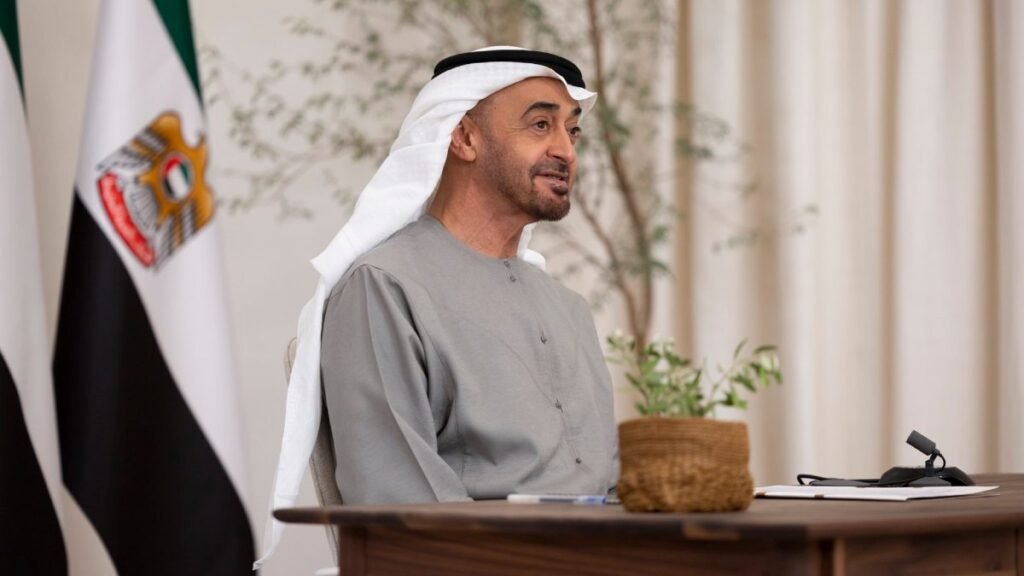
Upon release, many inmates are given access to rehabilitation services. These may include:
- Employment support programs
- Psychological counseling
- Skill development and vocational training
This shows that the act of release is not the end of the road, but the beginning of a new chapter — one backed by institutional support and community care.
Final thoughts: A nation that leads with compassion
The UAE President’s release of 963 prisoners before Eid Al Adha is more than just a legal decision — it’s a deeply human one. It reflects the values that the nation holds dear: mercy, family, unity, and the belief in redemption.
As these individuals return home, they carry not just the gift of freedom, but a renewed sense of purpose. And for their families, this Eid will be remembered not just for celebration, but for the miracle of reunion.
Read More: Sharjah Ruler Releases 439 Prisoners Before Eid Al Adha

